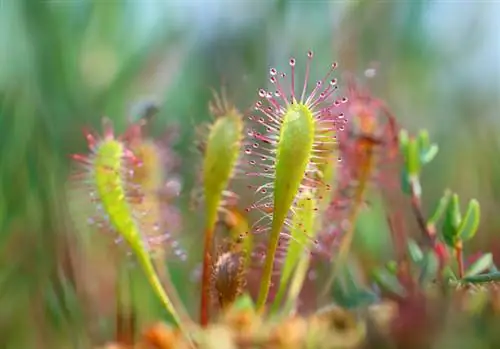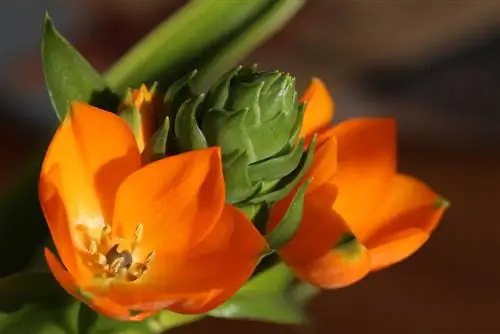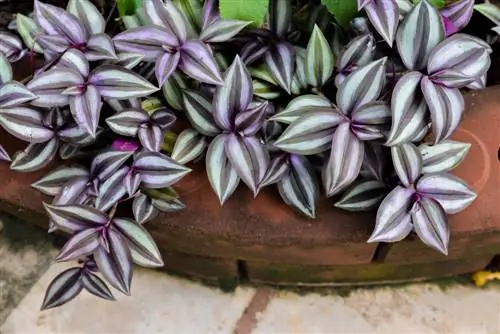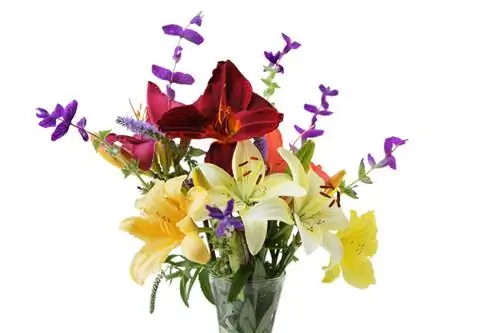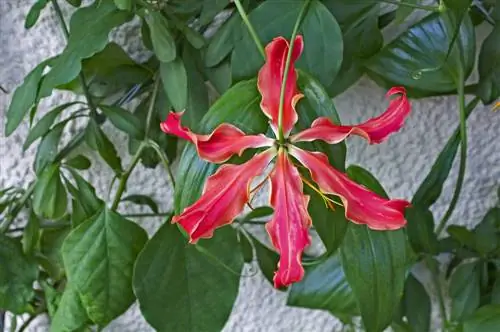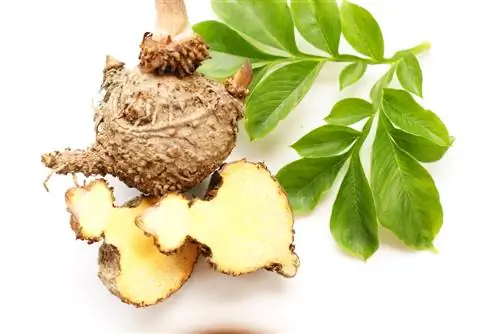- Author admin leonars@hobbygardeners.com.
- Public 2023-12-16 16:46.
- Last modified 2025-01-23 11:20.
Anyone who has ever taken up the exciting hobby of breeding carnivorous plants cannot ignore the sundew (Drosera). There are countless types of sundew, some of which are also suitable for beginners. Particularly noteworthy here are Drosera capensis (Cape sundew) and D. aliciae.
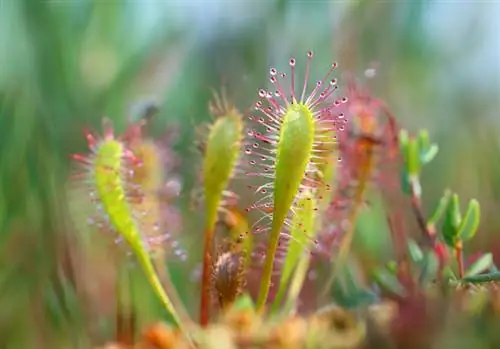
What types of sundews are there?
There are over 200 different sundew species (Drosera), which can be divided into subtropical, tropical, Queensland, dwarf and hardy sundew species. Well-known species for beginners are Drosera aliciae, D. anglica, D. capensis, D. intermedia and D. rotundifolia.
Differences between sundew species
So far, over 200 different varieties of Drosera are known and can be found all over the world. What all species have in common is that they form long tentacles that are covered in drops of a sticky secretion. Insects stick to this “glue”, the tentacles curl up and are digested by the leaves of the plant.
Experts distinguish between the following main types:
- Subtropical Sundew
- Tropical Sundew
- Queensland Sundew
- Dwarf Sundew
- Hardy (native) sundew
Some of the hardy varieties can be grown all year round in moorland or on the balcony. However, sundew is usually cultivated as a houseplant.
Known native species of sundew
| Name | Bloom | Winter hardiness | Growth habit | Special features | Outdoor cultivation | suitable for beginners? |
|---|---|---|---|---|---|---|
| D. aliciae | violet | needs to be overwintered | first rosette, later trunk | red leaves in sunlight | conditionally possible | yes |
| D. anglica | white | hardy | Rosette, overwintering buds | long-leaved | yes | yes |
| D. capensis | pale violet | hardy | Rosette | easy to hold | conditionally possible | yes |
| D. intermedia | white | hardy | Rosette | many thin tentacles | yes | conditionally |
| D. rotundifolia | white | hardy | Rosette | round leaves | yes | conditionally |
Drosera species with higher demands
If you dare to care for more demanding sundew species, you need a lot of time, enough space and one or more terrariums (€39.00 at Amazon).
Most of these varieties such as the Queensland Drosera and the tropical and subtropical representatives of its kind need a lot of light, high humidity and special wintering. The ideal environmental conditions can only be created in a terrarium.
These species are not suitable for normal apartment keeping because the risk of mold formation should not be underestimated.
Tip
There are some species of sundews that are only very conditionally suitable for keeping in the room. These include: tuberous sundew and species from South Africa that have storage roots. These varieties place demands on location and care that can only be met by experts.

